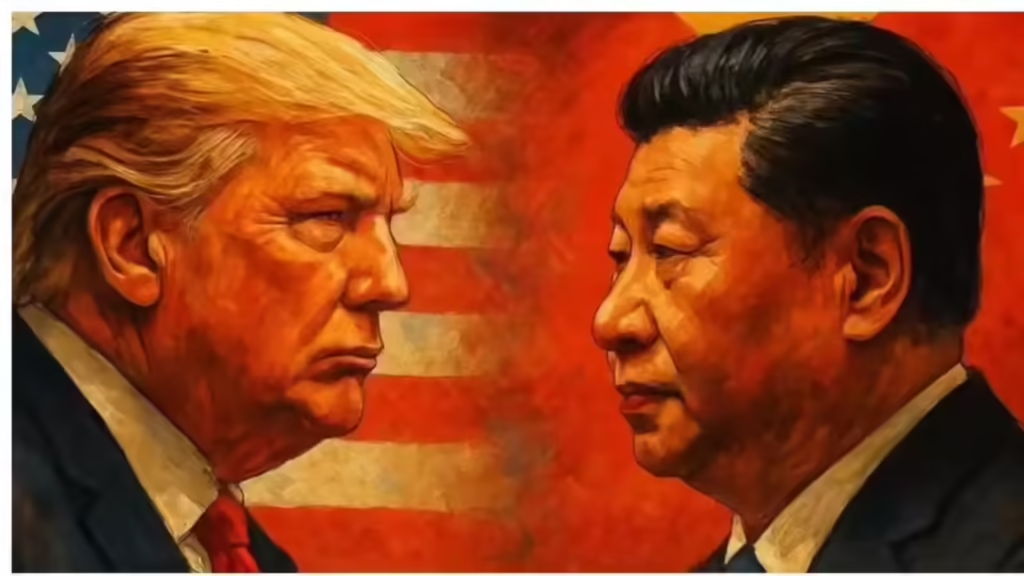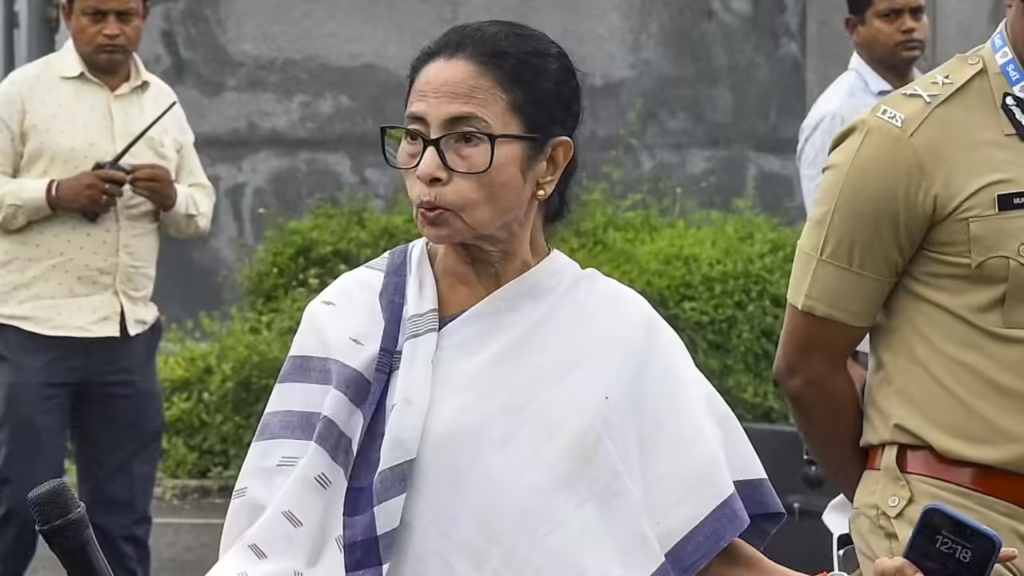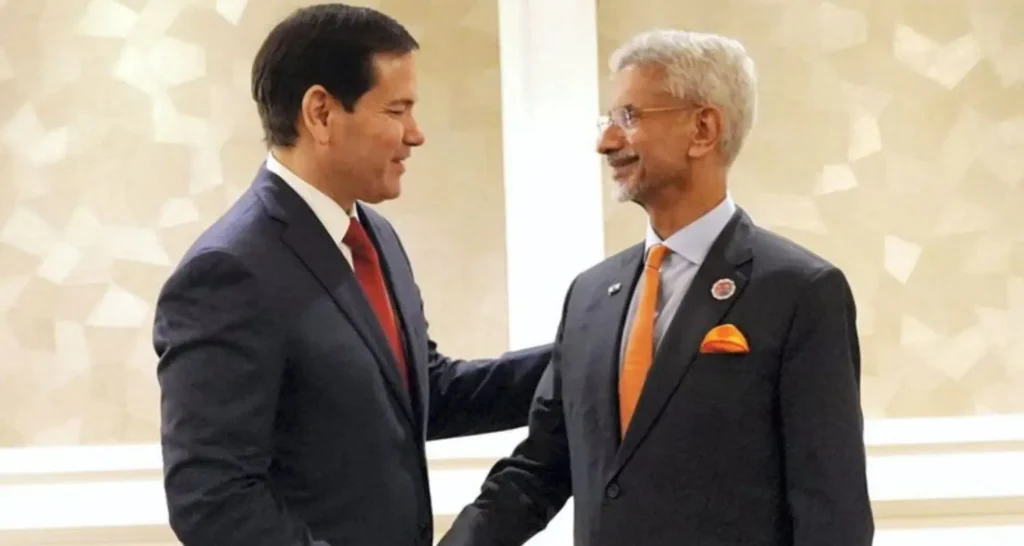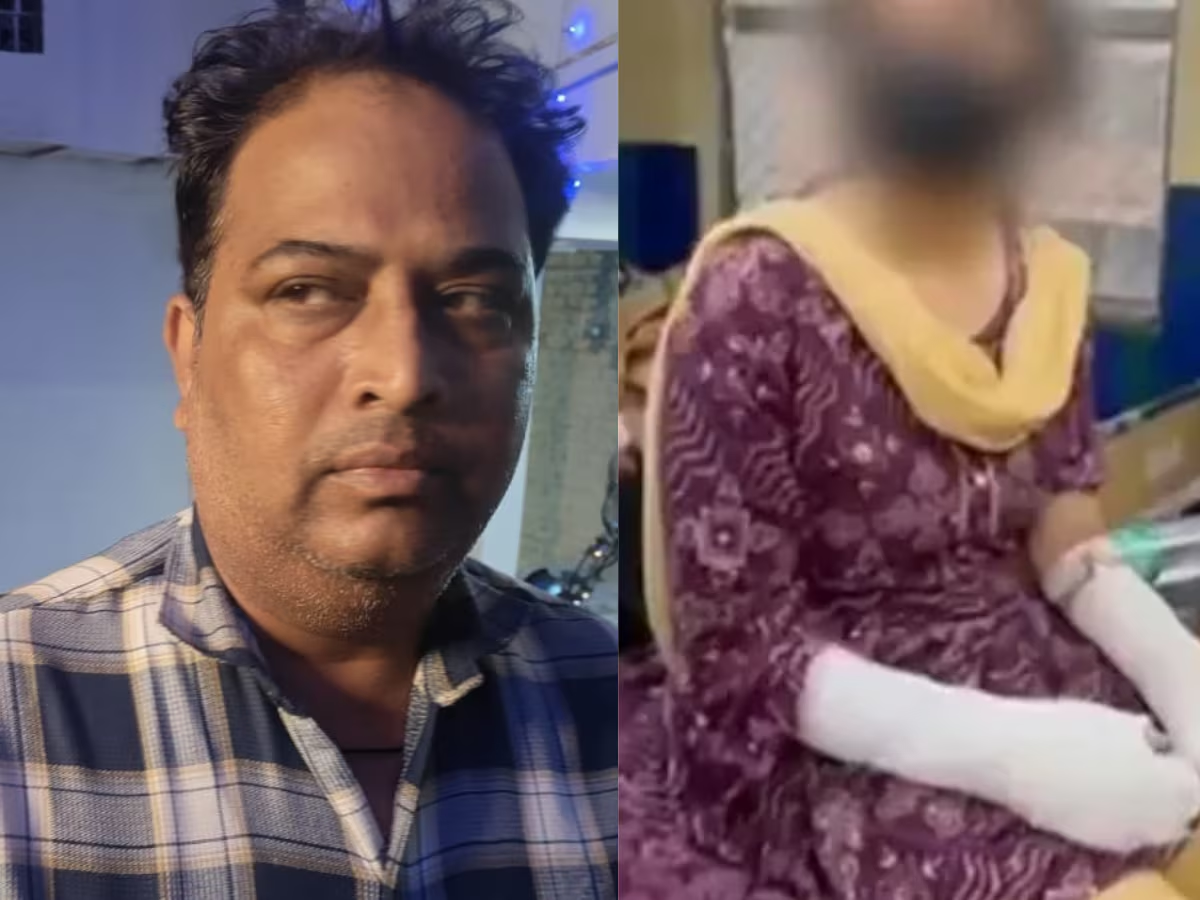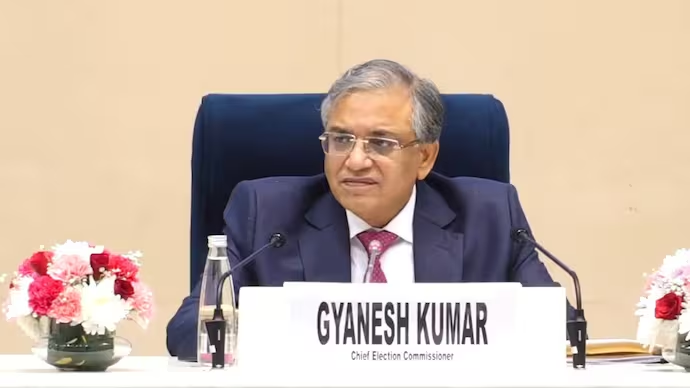Now Reading: Nationwide Special Summary Revision Begins: First Phase to Cover 12 States and UTs
-
01
Nationwide Special Summary Revision Begins: First Phase to Cover 12 States and UTs
Nationwide Special Summary Revision Begins: First Phase to Cover 12 States and UTs
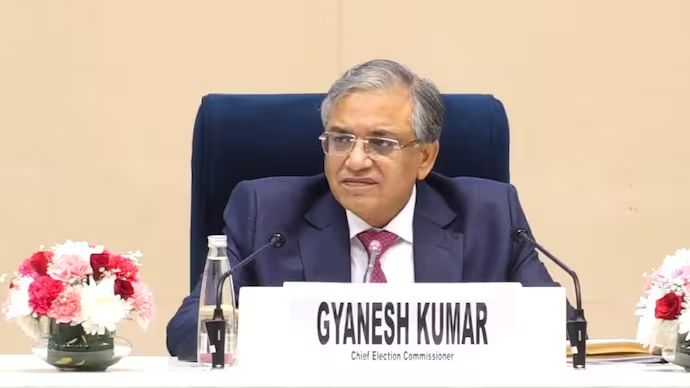
The Election Commission of India (ECI) has begun the first phase of the nationwide Special Summary Revision (SSR), an important step toward updating the electoral rolls across the country. This phase, which covers 12 states and Union Territories, aims to ensure every eligible citizen is accurately listed before upcoming elections in 2025.
The Special Summary Revision process is a regular exercise undertaken by the ECI to update voter records, remove duplicates, and include newly eligible voters who have turned 18. The first phase focuses on verifying details in the existing rolls, correcting inaccuracies, and allowing citizens to apply for inclusion, deletion, or modification of their entries.
Officials have stated that field verification, door-to-door checks, and digital data matching will play key roles this time, especially with the Commission’s ongoing push toward cleaner and more transparent electoral data. In states with large rural or semi-urban populations, awareness drives are being planned to encourage first-time voters and migrants to register their names.
For many Tier 2 cities and smaller towns, the SSR is crucial. These regions often face challenges like migration, address changes, and limited access to digital services, leading to gaps in voter lists. The ECI’s move to intensify local engagement through schools, community centers, and municipal offices is expected to improve participation from these areas.
This phase also introduces better integration with Aadhaar authentication to prevent duplication while maintaining citizens’ privacy. Voters can verify or update their details through the Voter Helpline App or the National Voters’ Service Portal, apart from the traditional offline method.
By the end of this phase, the ECI aims to finalize an error-free voter list that reflects India’s growing and changing electorate. The next rounds of revision will extend to other states and UTs before the final publication of the updated rolls early next year.
In essence, the Special Summary Revision is more than just an administrative task—it’s a foundation for fair representation. For citizens, especially youth and those in smaller cities, this is a reminder that voting rights begin with one essential step: making sure their name is on the list.








